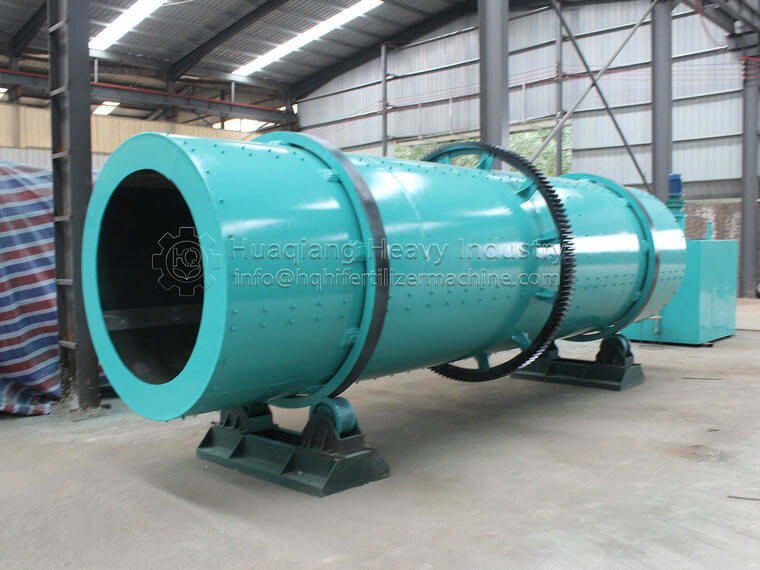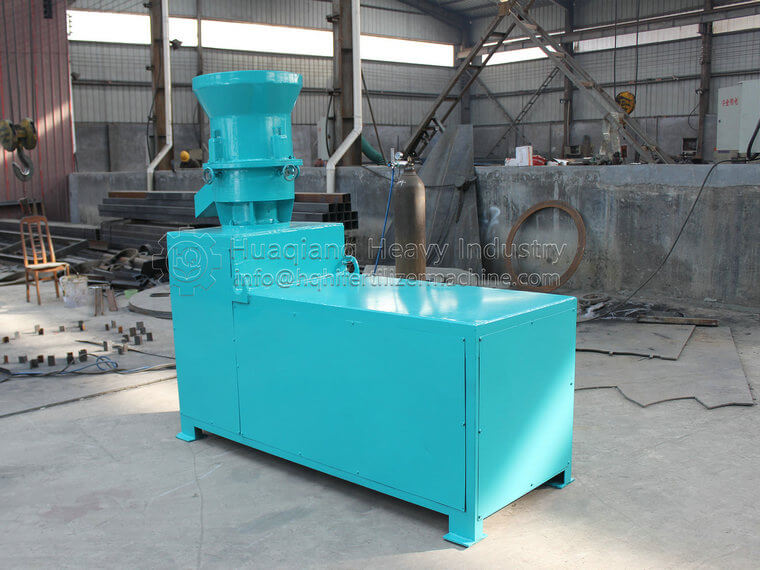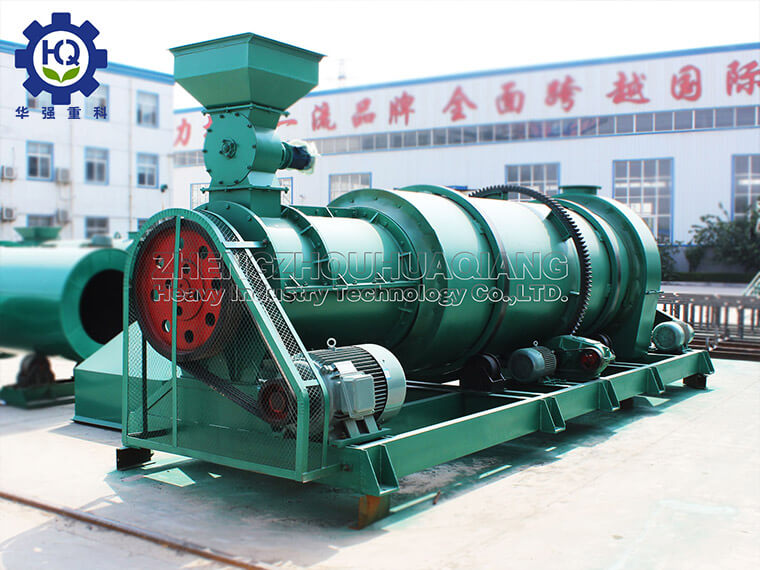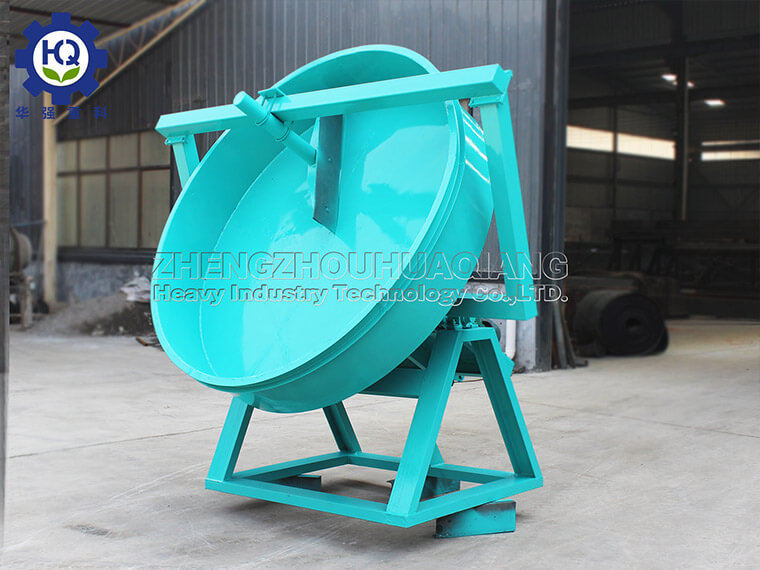The workflow and equipment of NPK fertilizer production line
The NPK fertilizer production line is a complex and orderly system aimed at producing compound fertilizers containing three main nutrients: nitrogen (N), phosphorus (P), and potassium (K). Its workflow covers multiple key links.
The first stage is the preparation of raw materials. Various raw materials containing nitrogen, phosphorus, and potassium are collected and inspected separately to ensure quality compliance. For example, nitrogen fertilizer raw materials may be urea, ammonium chloride, etc., phosphorus fertilizer raw materials such as monoammonium phosphate and superphosphate, and potassium fertilizer commonly uses potassium chloride and potassium sulfate. These raw materials are accurately weighed according to the formula to prepare for subsequent uniform mixing.
Then proceed to the mixing process. The accurately weighed raw materials are transported to the high-efficiency mixer. The mixer continuously mixes and rolls different raw materials to ensure even distribution of fertilizer components. This step is crucial as it directly affects the balance of fertilizer nutrients..jpg)
Next is the granulation process. The mixed materials enter the fertilizer granulator, and common granulation methods include disc granulation, drum granulation, etc. In the fertilizer granulator, materials aggregate into granules under specific conditions. Taking disc granulation as an example, as the disc rotates, the material gradually forms regular particles under the action of friction and centripetal force.
After granulation is completed, it is the drying step. Wet particles contain a certain amount of moisture, which is not conducive to storage and transportation. Therefore, the particles are fed into the fertilizer dryer and removed of excess moisture through hot air convection to achieve the appropriate moisture content standard.
The dried particles enter the screening stage. The vibrating screen screens particles by size, with qualified particles entering the next process, while oversized or undersized particles are separated. Oversized particles are crushed and re granulated, while undersized particles are returned to the mixing process.
Finally, there is the packaging and wrapping. To prevent particles from absorbing moisture and clumping, qualified particles will be coated with a protective film on their surface. Afterwards, the fertilizer is packaged according to the specified weight, labeled, and the entire NPK fertilizer production line process is completed, ultimately becoming a marketable NPK fertilizer product.







